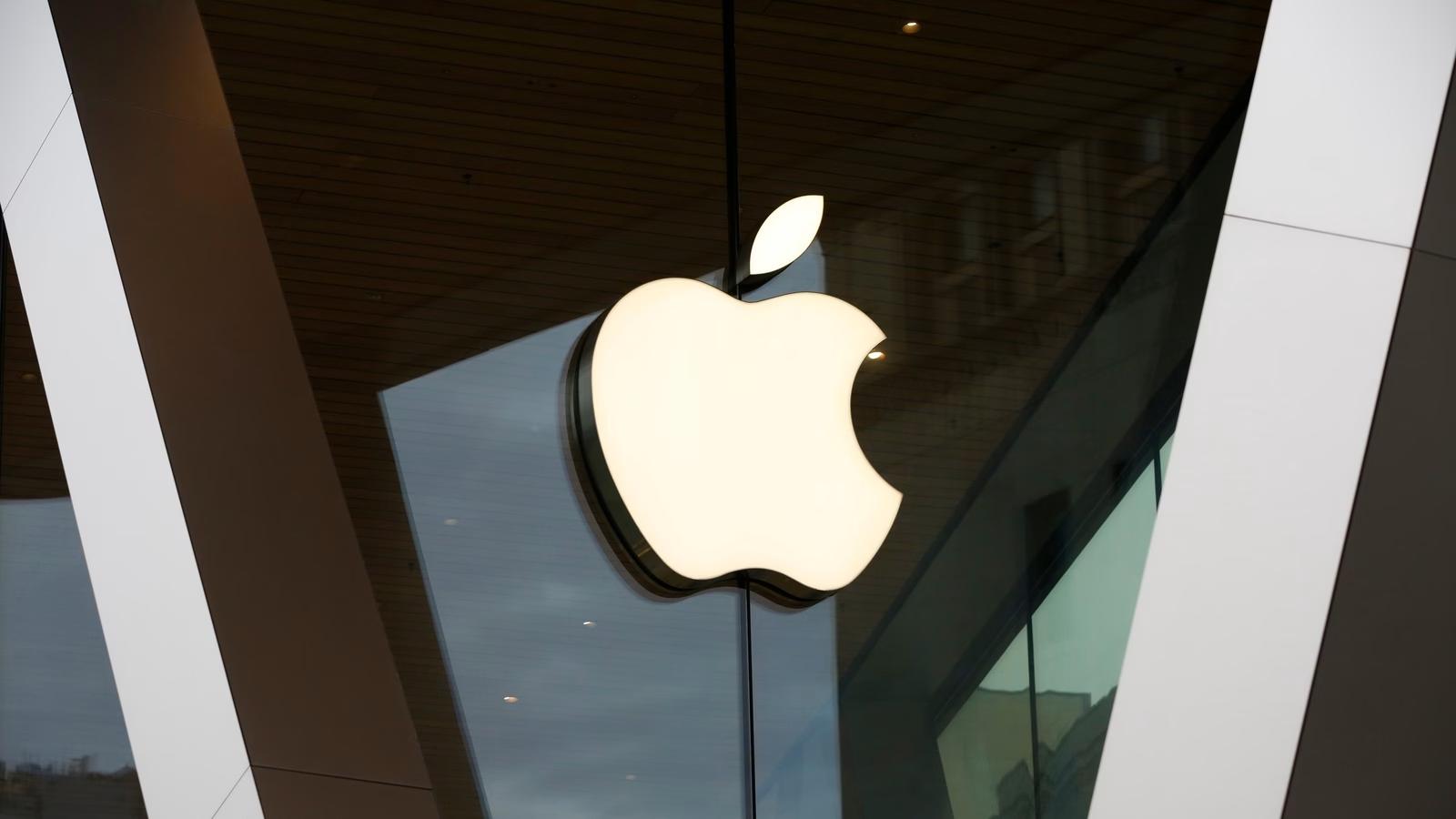Apple Faces Record $2 Billion UK Payout in App Store Class Action Ruling
A bombshell ruling from the UK Competition Appeal Tribunal (CAT) has ordered Apple to pay an unprecedented £1.57 billion—roughly $2 billion USD—in a class-action lawsuit. This landmark decision, handed down on October 23, 2025, marks the largest class-action payout in UK history and directly challenges Apple's long-standing App Store policies. For around 13.8 million UK iPhone users, this could mean a significant, though yet-to-be-distributed, sum, impacting everything from your favorite mobile games to essential productivity apps.
The Heart of the Matter: Excessive Commissions
The lawsuit, championed by consumer advocate Justin Gutmann, centered on allegations that Apple abused its dominant market position by charging excessive commissions on in-app purchases. We're talking about that notorious 30% cut Apple takes, a fee the court has now deemed "excessive and unlawful." Imagine how many millions, or rather billions, have flowed through that pipeline since 2015. The ruling specifically targets purchases made between October 2015 and April 2022, effectively concluding a legal battle that began with its filing in 2021 and a class certification in 2023. The trial itself wrapped up just last month, in September.
This isn't just about a technicality; it's about the fundamental fairness of the digital economy. The CAT judgment explicitly stated that Apple's conduct "constituted an abuse of a dominant position," causing harm to millions. It's a pretty big deal, signaling a clear message to other tech giants, isn't it?
Apple's Swift Response and the Road Ahead
Unsurprisingly, Apple isn't taking this lying down. The tech titan has already filed an intent to appeal the ruling, with the appeal process expected to kick off as early as November 2025. In an official statement from their newsroom, Apple reiterated their stance, saying they "respectfully disagree with the CAT's decision and believe it overlooks the value our App Store provides to developers and users." They argue that those commissions, you know, fund platform security and innovation. It's a familiar argument, but will it hold up in a higher court?
While Apple seeks a stay on the payout pending appeal, the ruling mandates a distribution process to eligible claimants, slated to begin in December 2025. Individuals who made App Store purchases during the specified period could potentially receive anywhere from £10 to £100, depending on their spending history. Analyst opinions are already swirling; some, like Deepwater Asset Management's Gene Munster, are calling it a "wake-up call" for Apple, hinting at potential pressure to reduce commissions globally. Apple's stock even saw a slight dip, 1.5%, on October 23rd, the day of the ruling.
Wider Implications for the Digital Landscape
This isn't just a UK-centric story; it carries significant weight for global antitrust efforts against Big Tech. Legal experts are already calling it a "game-changer" for UK antitrust law, and it could very well inspire similar class-action suits in the US and the EU. After all, the UK's post-Brexit competition laws allow for opt-out class actions, which are a bit less stringent than US requirements, making these kinds of suits more feasible.
The UK's Competition and Markets Authority (CMA) has applauded the decision, calling it a "significant step" towards fairer digital markets. And, look, while Apple highlighted its existing program of reduced commissions for smaller developers (15% for those earning under $1 million annually) in its post-ruling statement, many critics view it as a move to manage public and regulatory perception. Could this lead to more app store fragmentation, with different regional pricing models? Possibly. For now, the spotlight is firmly on Cupertino, waiting to see how this colossal legal challenge unfolds.
